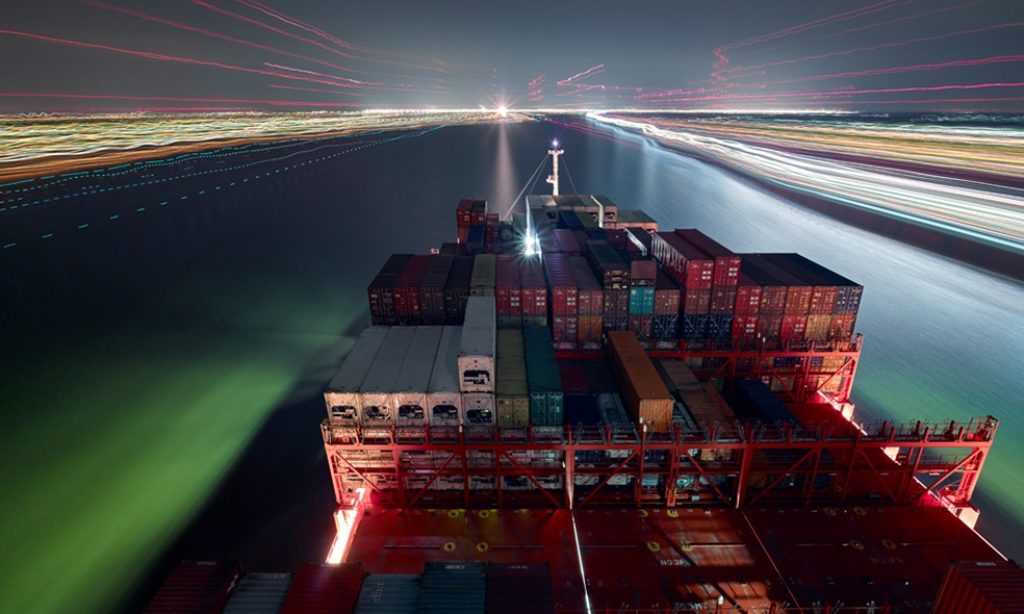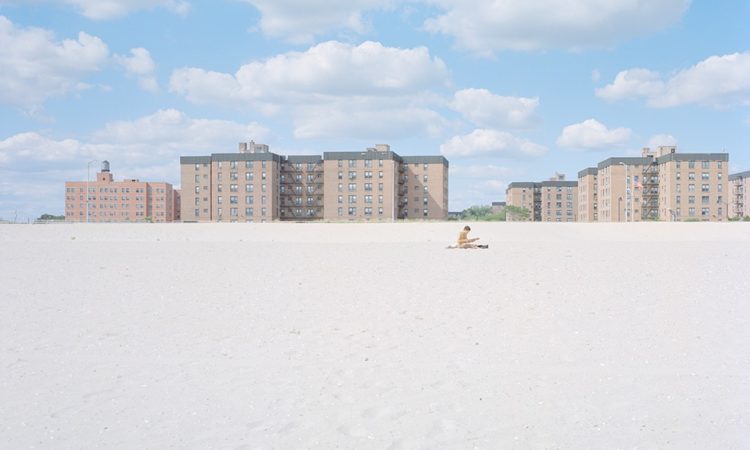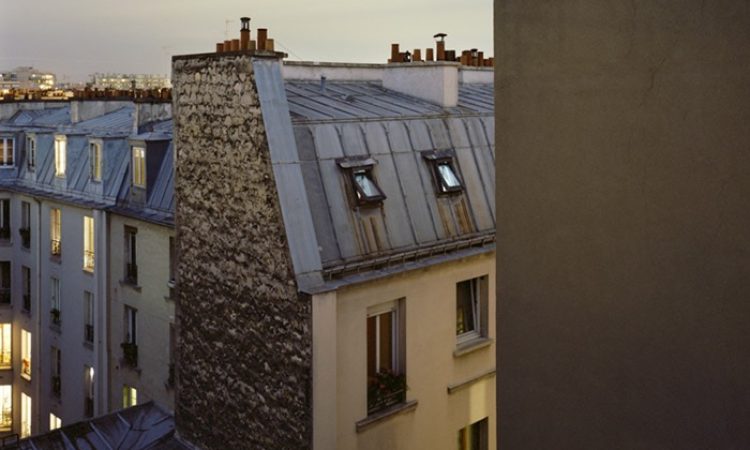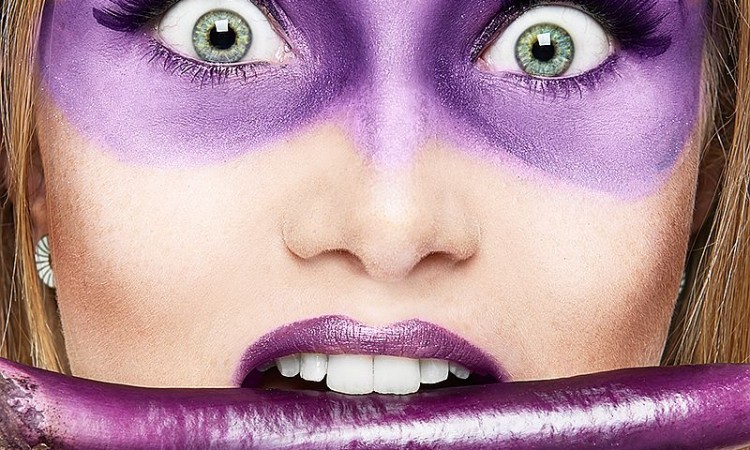Herbert Böttcher was born in 1962 in Rietberg. He lives in Düsseldorf, Germany and works as a freelance photographer since 1993. His photographic focus includes the conception and realization of photo projects for companies, exhibitions and publications. Both, his free and applied works are presented as a series in numerous exhibitions, as well as in various publications to the public. His work have been multiple awarded. From 1988 to 1993, he studied Visual Communication in the department of photo/film design at the University of Applied Sciences in Bielefeld, Germany. 1995 to 1999 he taught in the department of art at the University of Paderborn. Herbert’s work demonstrate his photographic attitude, based on his very individual picture language and always following a strong concept. He looks in quiet and highly concentrated approaches to the motif, and works as photographer with passion. Solo exhibitions, group exhibitions and publications at home and abroad since 1990.
Website: herbertboettcher.de
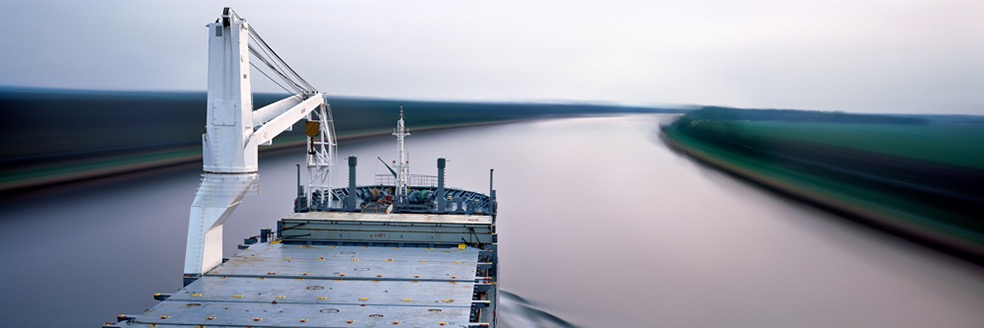
© Herbert Böttcher
How did you get interested in photography? Do you have an educational artistic background?
I had no contact with photography before the age of 25. At that time, I went to school again. During a one week workshop, I exposed the second photo film in my life with a camera of my friend. When I developed one of the 36 photos in the darkroom, I was extreme touched by the possibilities of this medium. Then I worked again and again with this one photo for a time of more than 10 days – and decided to study photography after this very intensive experience.
I knew that I had to learn a lot to get a chance to become a college student and to pass the tests. So I made thousands of photos, discussed with other people about my results – and one year later I applied and was accepted. My experience with some of the teachers were very well and I started to learn methodical background to visualize my thoughts and emotions. Today, 24 years after my examination the most important experience is: never stop with this process of learning and changing.
Where do you get your creative inspiration from? Is there any other artist or photographer who inspired your art?
At first 10 years, I was inspired by Anselm Kiefer’s paintings and Vilém Flusser’s books. At that time I worked mostly experimental. I used pinhole cameras, painted and mixed it with photography by liquid photo emulsions. Our environment is full of inspirations. I like to see all the possibilities that we have within the different fields of visual media. But today, the personal selection becomes an important part, not to lose the personal connection to the own work. Technology cannot substitute the authentic expression – or let us speak with Vilém Flusser: “… we should not allow the technology to sit in the saddle and ride us …”. Today, finding cooperation partners to bring out my ideas is an important part of my working life. Lots of my photos needed cooperation with the people in companies to become realised. For me, this mix of free and applied artistic work is a very constructive source for inspiration.
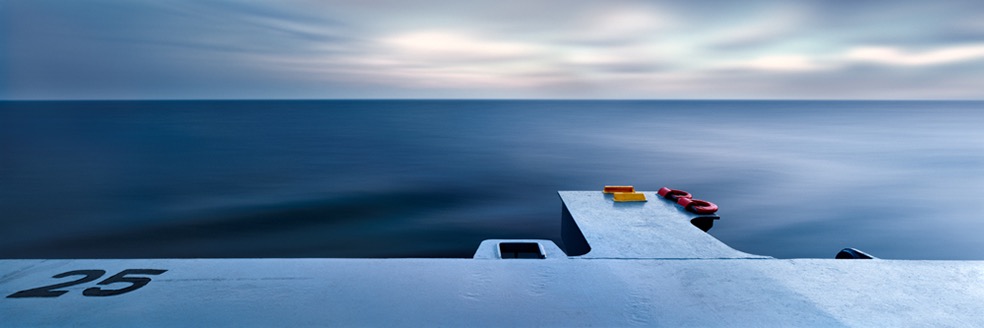
© Herbert Böttcher
How much preparation do you put into taking a photograph or series of photographs? Do you have any preferences regarding cameras and format?
The planning of my work on location is very extreme and an important part of my photographic activity! Later, when I stand in front of my photographic objects the time is very valuable. On location, I want to be free of planning, as free of mental problems as possible and free of technical issues. I want to be on the location only for one thing: seeing, feeling and thinking the motif and the idea – in real-time! Till 2010 I worked with analogue panorama cameras and scanned the slide films, thet I developed myself. Then I changed to digital medium format to get more creative possibilities. Today, I mostly work with an Alpa camera connected with a wide angle Rodenstock lens, a mechanical Hasselblad with some Zeiss optics and combine this with a Phase One digital back.
Can you talk a bit about your approach to the work? What did you want your images to capture?
With my work I want to illustrate my inner feelings and thoughts. In the end, I transport my vision towards the environment with my photographs. For me, this means to stand in silence, concentrated in front of my photographic objects. Your photographic position reflects your way of life – when you are authentic and not an actor!
Where is your photography going? What are you currently working on and do you have any photographic plans for future?
My work changes from mostly experimental to more conceptual. This way I want to go on. I am standing in starting blocks for three projects: the first will be in an industrial area of a company, who work in the field of the extraction of raw materials. The second and third are landscape themes in the air and at the sea, starting in Spring and Summer 2018.
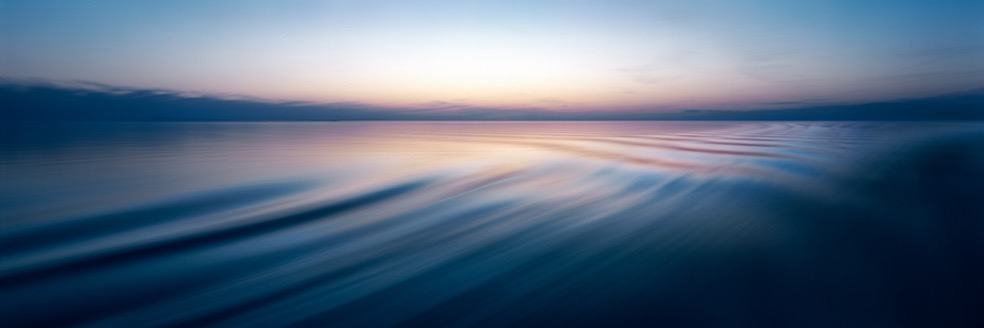
© Herbert Böttcher
What are your three favourite photography books?
The first is a book about pinhole photography with the title “Zwischenzeit”, published in 1993. On second place are various titles by Ansel Adams and the third is a book from Helmut Hirler with the title “Trees”.
What do you do besides photography?
Being in nature I like a lot – or better: I need to be there. As often as possible, I go to the Rhine river by bike or a walk with my girlfriend or alone. In former times, I was very active flying with my hangglider. But I made the decision for the photography. Today, seldom I make a practice flight. Photograph is just a large part of my life. Thank you for your interest in my work!
Website: herbertboettcher.de
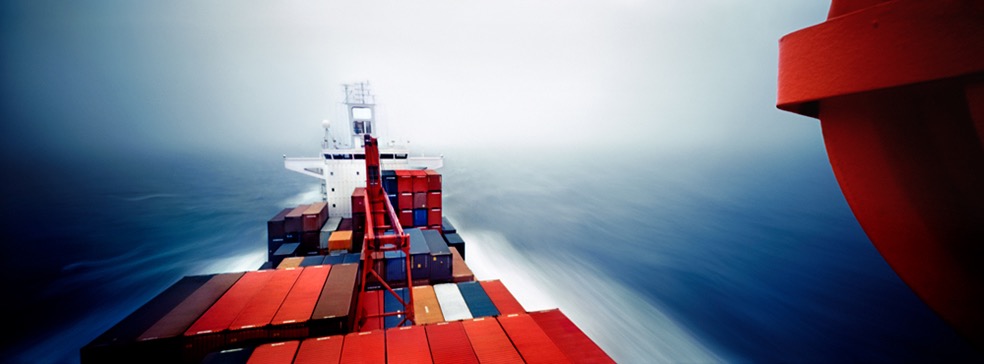
© Herbert Böttcher
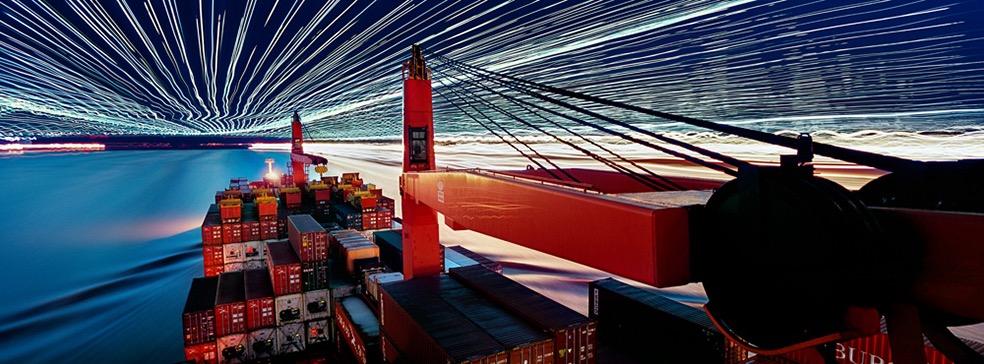
© Herbert Böttcher
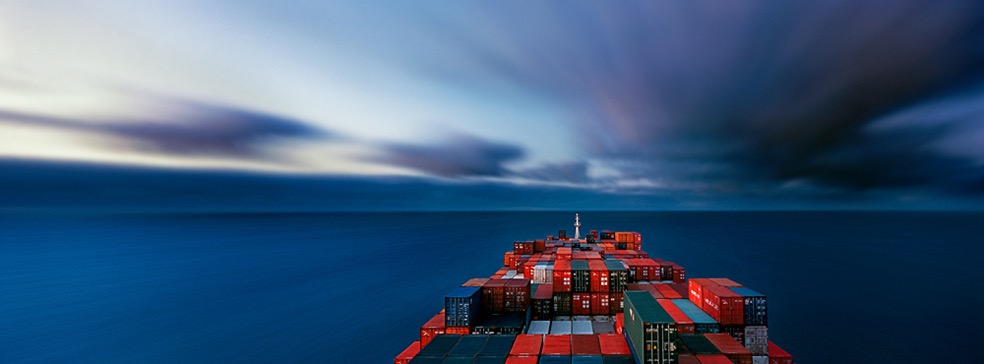
© Herbert Böttcher
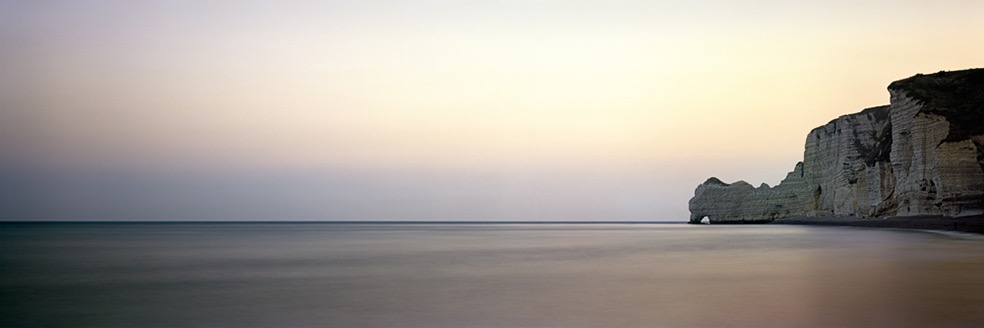
© Herbert Böttcher
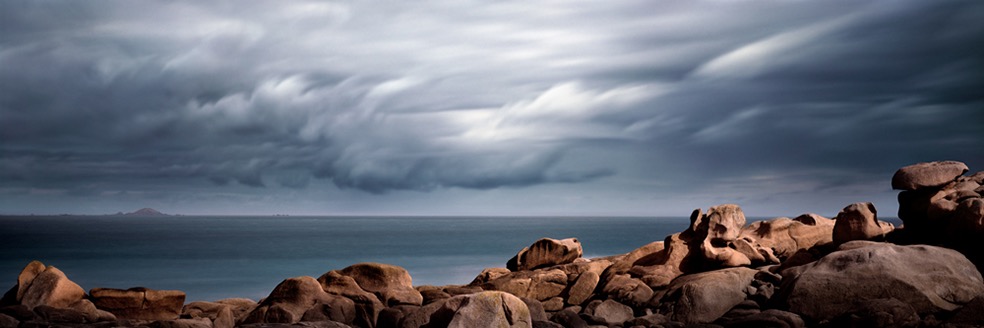
© Herbert Böttcher
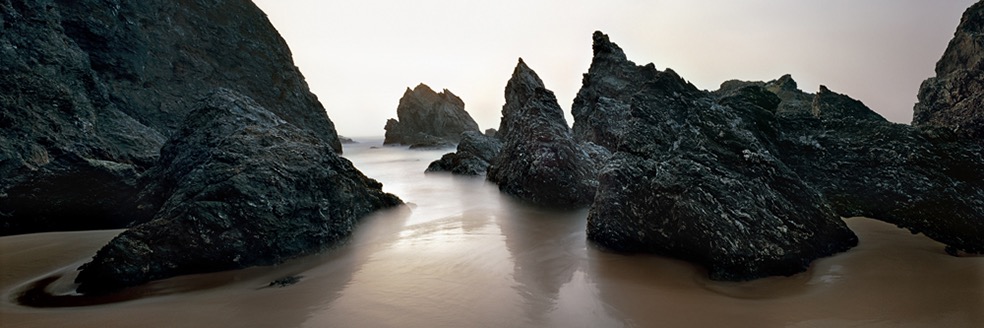
© Herbert Böttcher
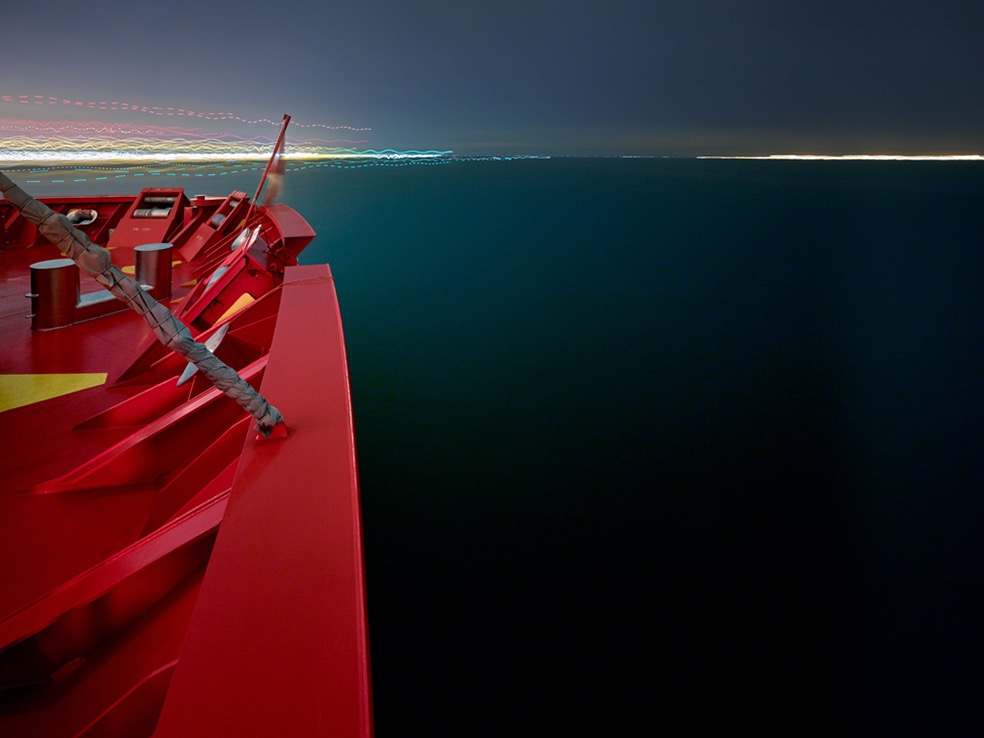
© Herbert Böttcher
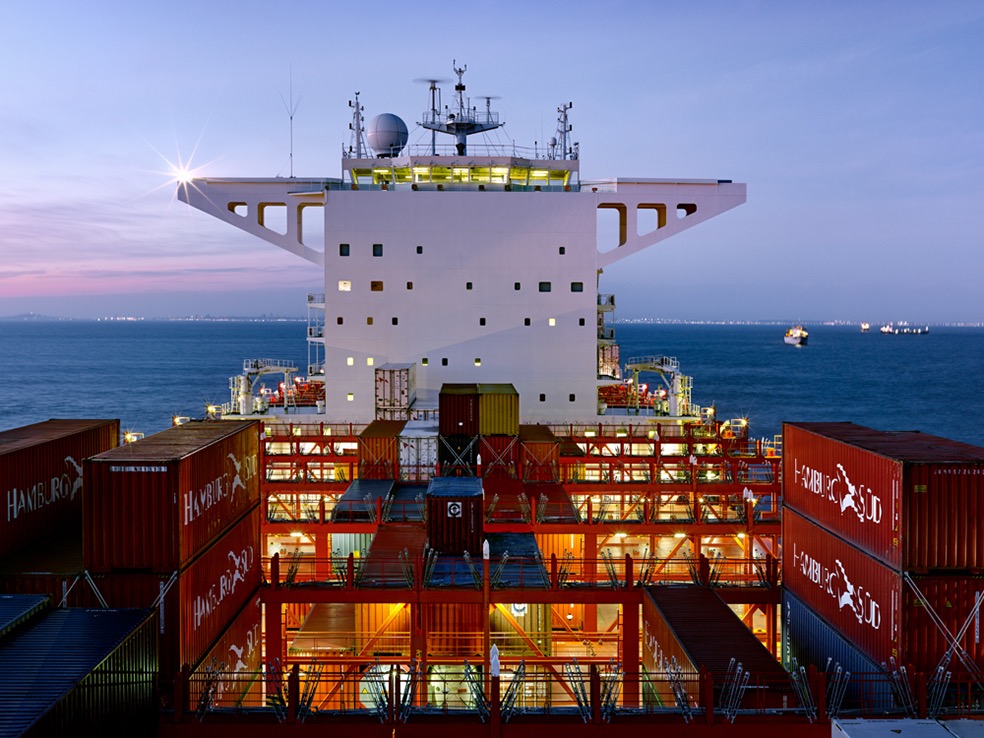
© Herbert Böttcher
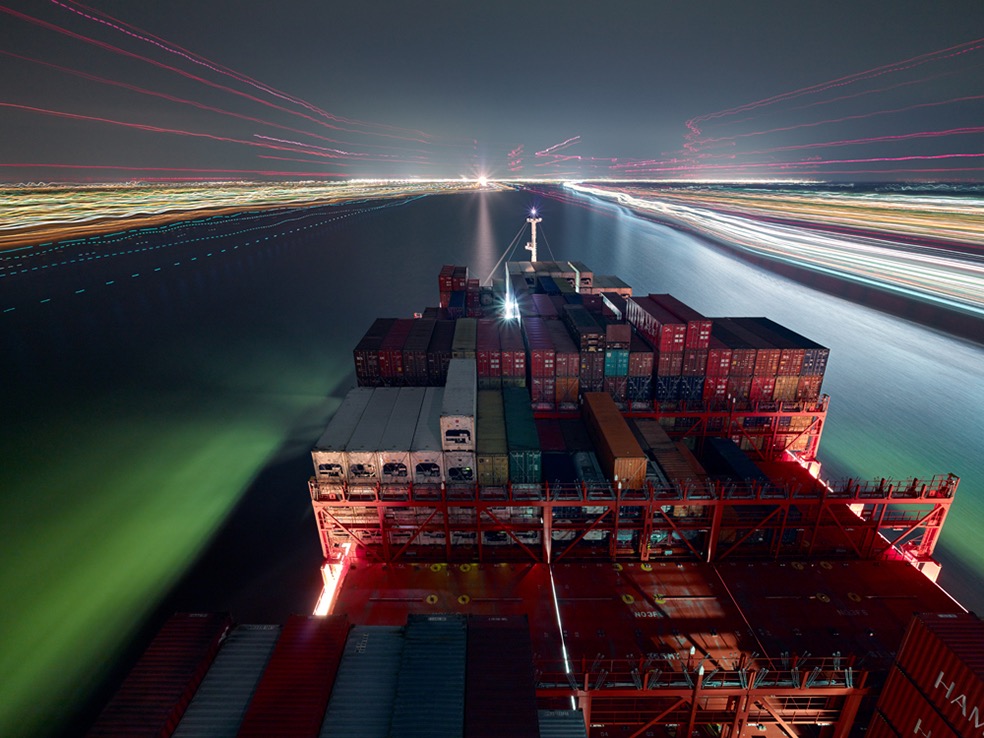
© Herbert Böttcher
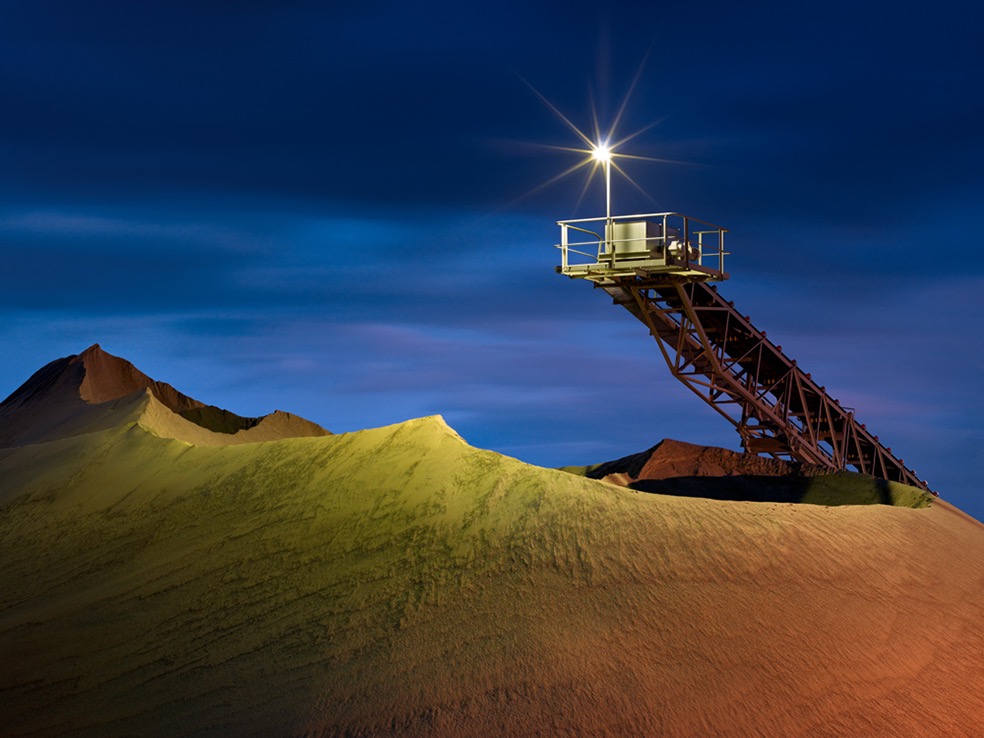
© Herbert Böttcher
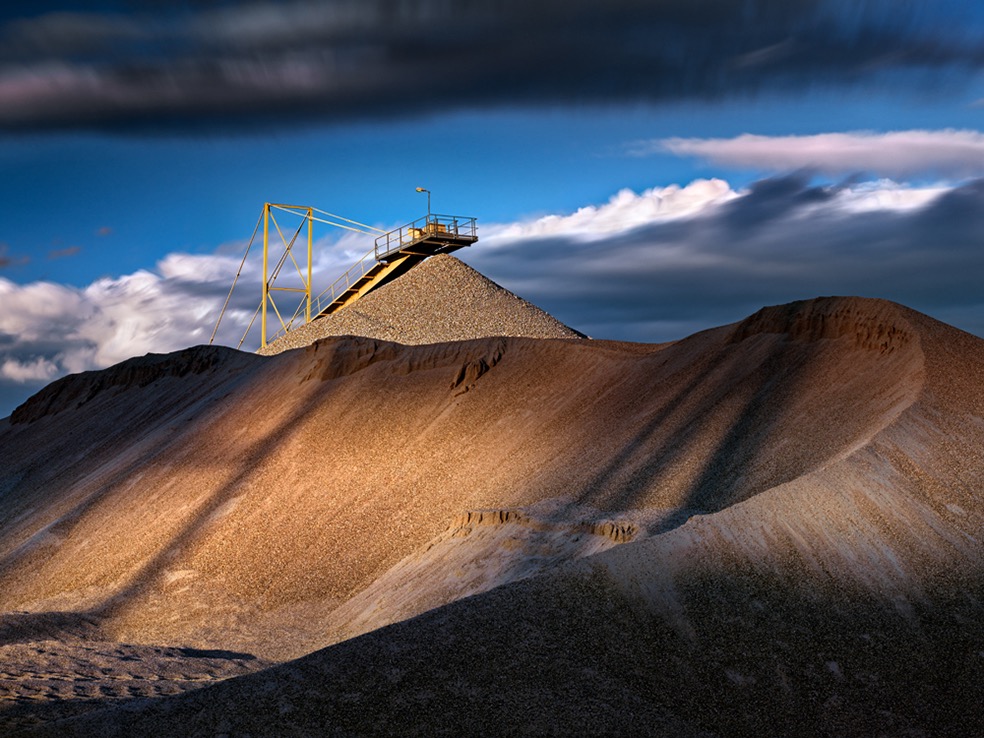
© Herbert Böttcher
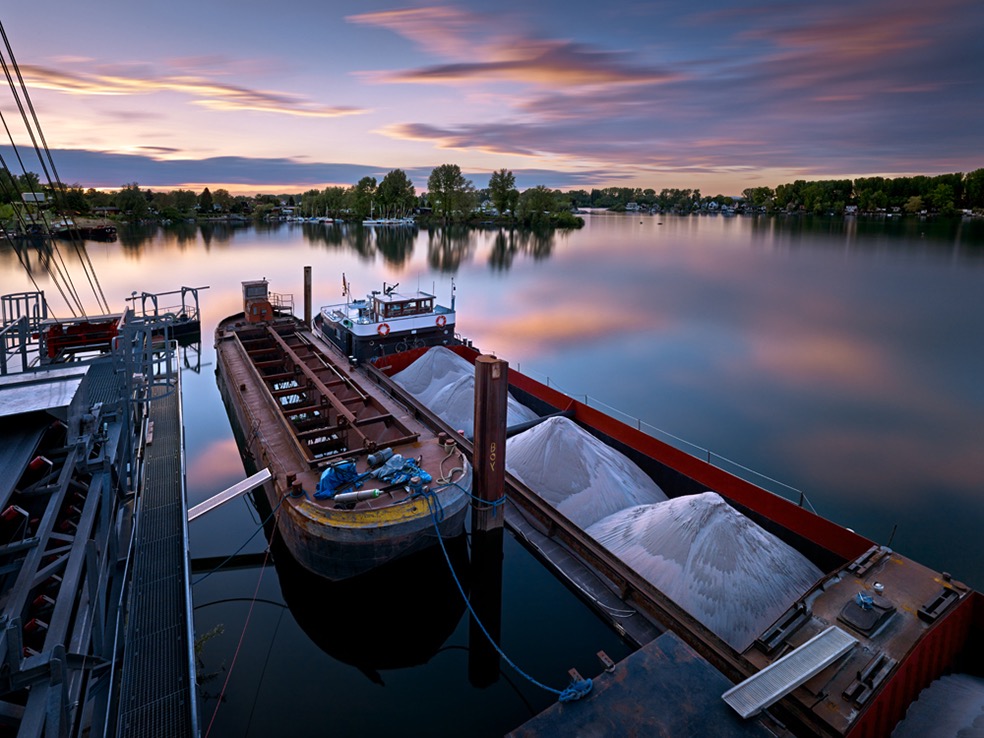
© Herbert Böttcher

© Herbert Böttcher
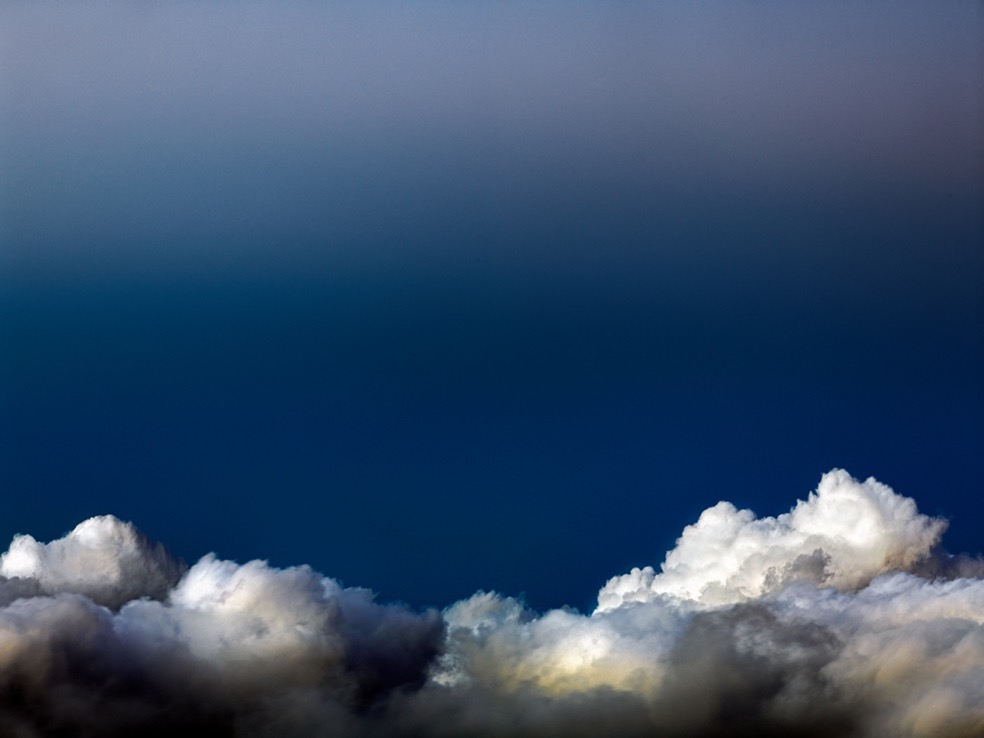
© Herbert Böttcher
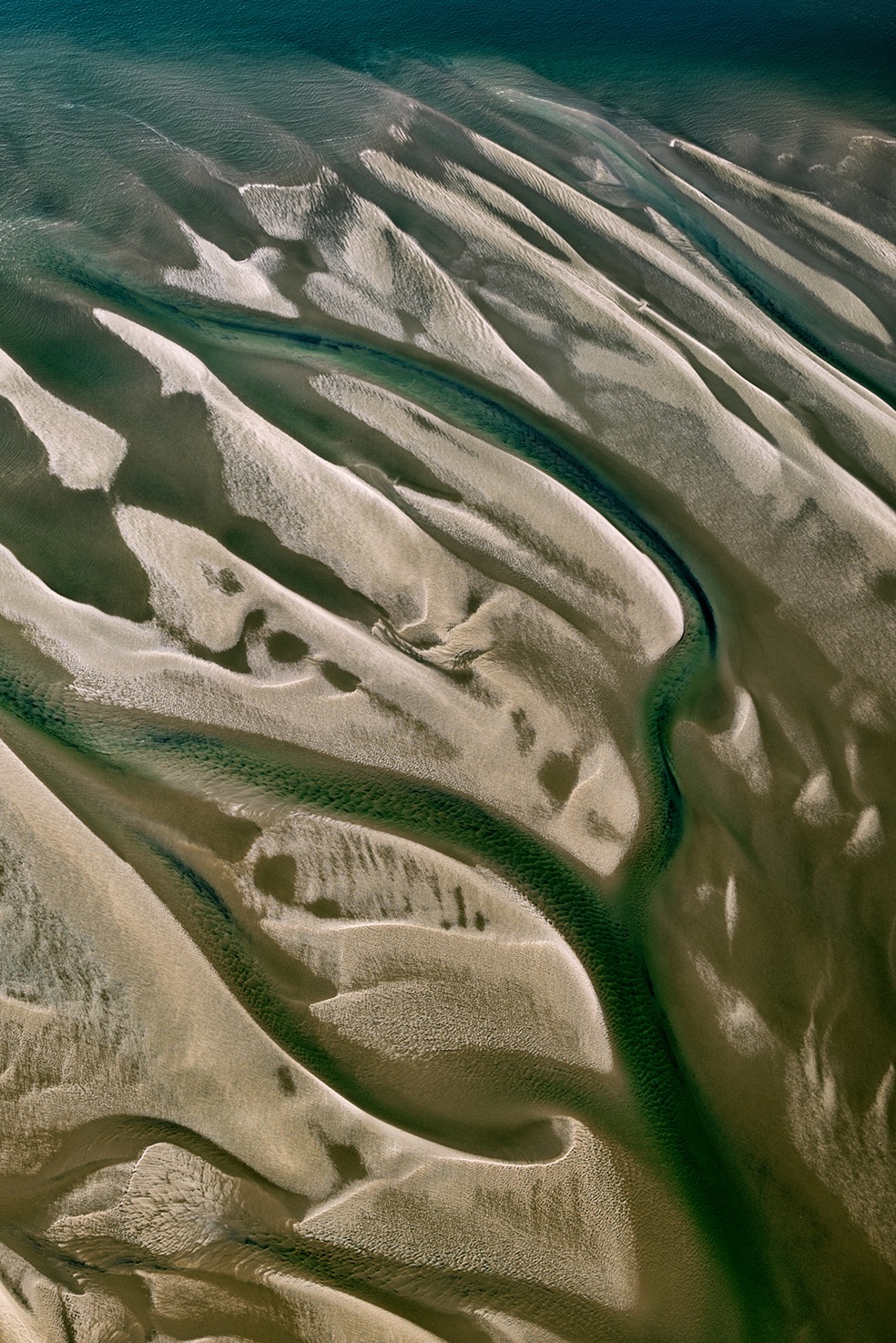
© Herbert Böttcher

© Herbert Böttcher
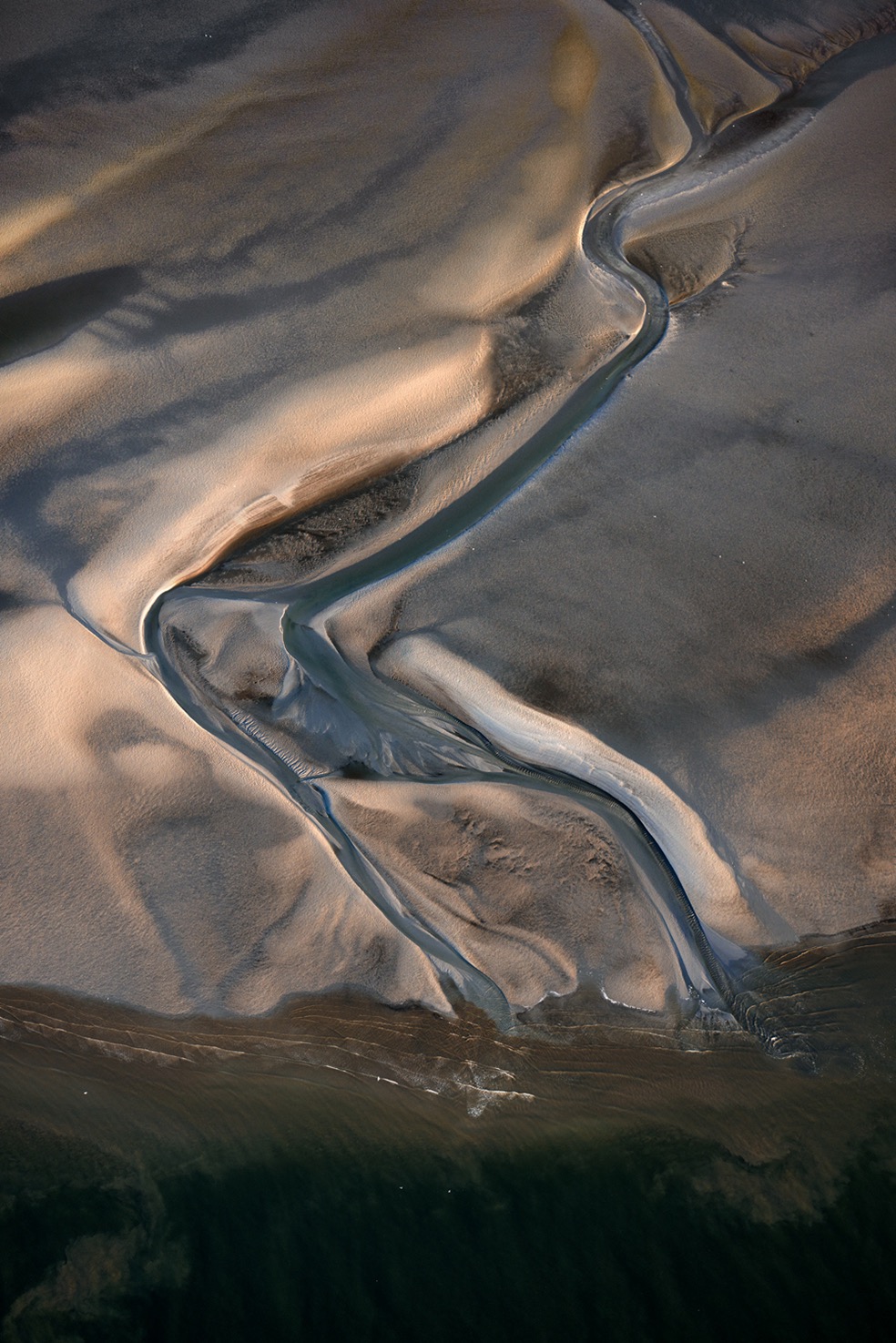
© Herbert Böttcher

